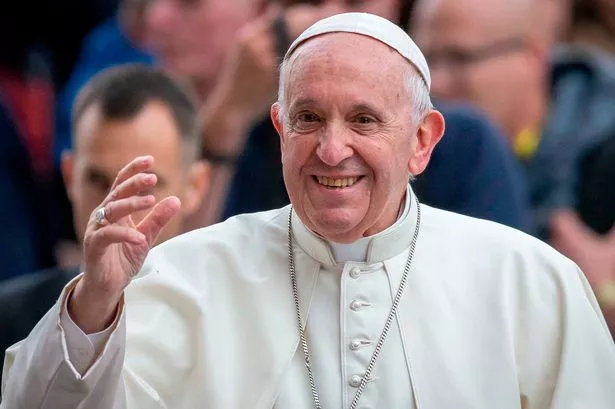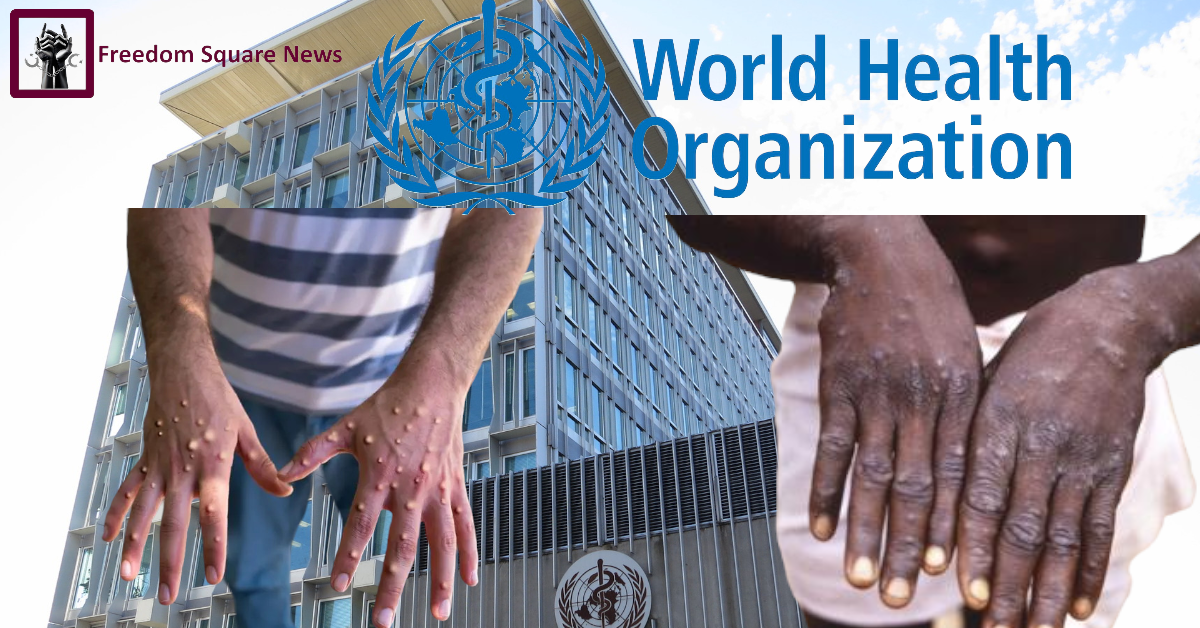The Federal Government of Nigeria has taken a hardline stance in response to the ongoing strike by resident doctors in federal tertiary hospitals by ordering the implementation of the “no work, no pay” policy.
This directive, aimed at discouraging the strike, means participating doctors will not receive their regular salaries during the period of industrial action.
The decision to enforce the “no work, no pay” policy was conveyed in a circular dated August 1, 2023, titled “Re: Incessant Strike Action by the Nigerian Association of Resident Doctors: Implementation of ‘No work, No pay’ policy of the Federal Government.”
The circular, signed by Dr. Andrew Noah, the Director of Hospital Services, expressed the government’s disappointment at the doctors’ decision to initiate the strike despite several attempts at conciliatory meetings involving various stakeholders, the Secretary to the Government of the Federation, and the National Assembly. Unfortunately, all these efforts failed to yield an agreement between the parties involved.
The circular referred to a previous policy instituted by the Federal Ministry of Health on June 22, 2016, under circular Ref. No. 58598/8.1/II/182, which laid the groundwork for the implementation of the “no work, no pay” rule during strikes.
It reads in part, “I am directed to inform you that the Federal Ministry of Health has instituted the policy of ‘No work, No Pay’ against the striking resident doctors…”
The government has also requested that hospitals maintain an attendance register to track resident doctors who are willing to continue working despite the ongoing strike.
This move indicates the government’s intent to ensure essential medical services are provided during the strike period.
The strike action by the Nigerian Association of Resident Doctors has disrupted healthcare services in several federal tertiary hospitals across the country.
Resident doctors, who play a vital role in the healthcare system, have been advocating for improved working conditions, better remuneration, and enhanced welfare packages. Despite numerous engagements and negotiations, a resolution has remained elusive, leading to the escalation of the strike.
The implementation of the “no work, no pay” policy marks a significant turning point in the government’s approach to dealing with strikes in the healthcare sector. While it aims to deter the doctors from continuing their industrial action, it has also sparked debate among stakeholders who question its potential impact on the overall resolution of the dispute.
In response to the government’s decision, the Nigerian Association of Resident Doctors has yet to issue an official statement. However, it is expected that they will defend their actions and continue pressing for their demands to be met.
As the situation unfolds, the impact of the “no work, no pay” policy on striking resident doctors and the nation’s healthcare system remains to be seen. The hope is that both parties can find common ground through dialogue and negotiation to resolve the underlying issues and prevent further disruptions in medical services.




